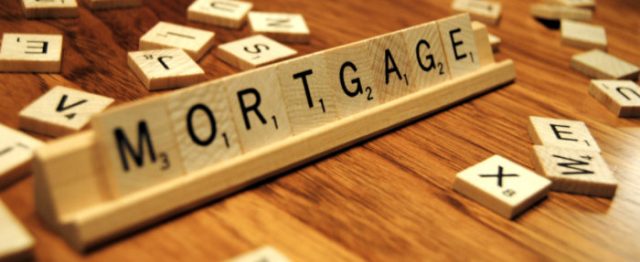
Atlanta Mortgage Broker shares 7 Ways to Increase Your Mortgage Down Payment
Mortgages are essential, especially for first-time homebuyers. Among many reasons, the resulting leverage means profit on your investment whenever your home appreciates. Mortgages also ensure homeowners’ financial stability, since they don’t have to use all their life savings to buy a home or as a down payment. Most lenders and banks require a 20% down payment of the home’s purchase price. While some Atlanta Mortgage Brokers advise homebuyers to finance most of their home purchase through a mortgage loan, it often pays to make the largest down payment possible.
So, what are some of the ways that can help increase your mortgage down payment? Are there benefits that come with it? Read on to find out.
7 Ways of Increasing Your Mortgage Down Payment
1.) Down Payment Assistance Programs
Some institutions such as banks, government agencies, foundations, and non-profits have down payment assistance programs that may help you increase your mortgage down payment. Such assistance comes in the form of zero-interest loans or grants. The Federal Housing Administration (FHA) offers loans to eligible persons through FHA-approved lenders or banks. Such programs can help supplement your saving and result in a larger down payment for your mortgage.
2.) First-Time Home Buyer Incentives
First-time homebuyers can hone in on Housing and Urban Development (HUD) grants to boost their down payment. While such grants may not be available directly to individuals, they can be accessed through financial organizations with IRS tax-exempt privilege.
3.) Retirement Plans and Account Withdrawals
Borrowing from 401(k) plans is another common way of funding a larger down payment. While most people will eschew this option, it could be a smart undertaking for various reasons. For 401(k) plans that allow early withdrawal, first-time homebuyers can withdraw without incurring a tax penalty. Most people don’t mind the interest that comes with these withdraws as you end up paying the principal and interest to yourself. However, losing or leaving your job would mean that you repay the entire amount or roll the amount into an eligible retirement account. However, if you have a promising and secure job, this would be a safe and viable option.
4.) Down Payment Gifts From Family
Some home buyers would not warm up to this option, but it could help fund your mortgage down payment. The IRS allows individuals to give and receive thousands of dollars in gifts every year tax-free. However, the IRS sets limits on the amount that one can send or receive without paying tax. In 2020, one can be gifted up to $15,000 without paying tax on it.
5.) Asset Sale
Individuals preparing to buy a new home may turn some of their assets and items into cash to top up their savings for a larger down payment. Such assets include unused pieces of furniture or an old car.
6.) Find a Part-Time Job
Part-time jobs are great for supplementing income, which could help increase your mortgage down payment when purchasing a home.
7.) Crowdfunding
Crowdfunding sites like HomeFundIt.com and FeatherTheNest.com allow individuals to create a profile and raise money for their down payment. While some of these platforms may charge credit card processing and transaction fees, the amount raised could go a long in boosting your mortgage down payment.
Mortgages are the most common ways of financing a home purchase, and paying a huge down payment could have unseen benefits in the long-term. Some common ways of increasing your down payment include applying for assistance programs, HUD grants, securing a part-time job, selling assets, crowdfunding, and accepting gifts from friends and family. By paying a large mortgage down payment, you may enjoy lower interest rates and lower monthly payments.